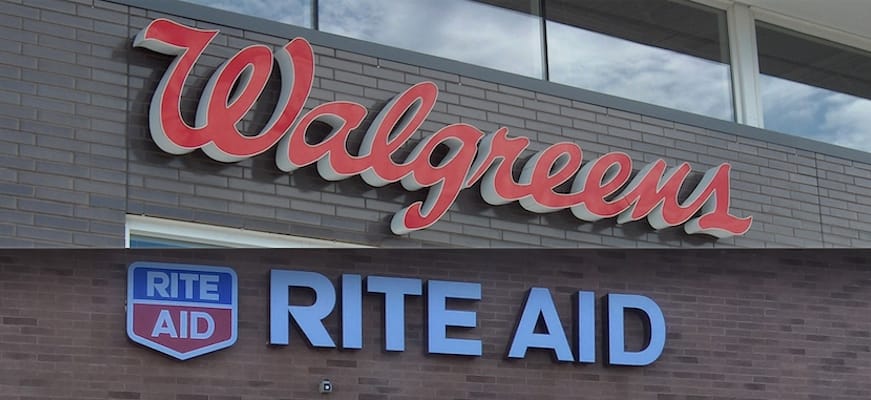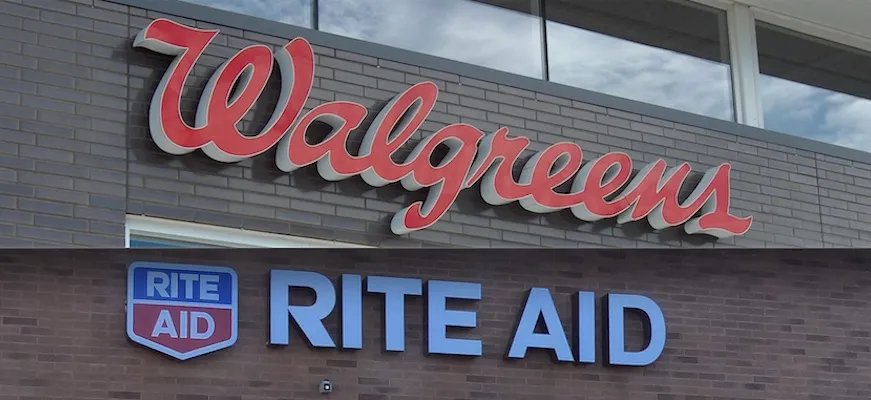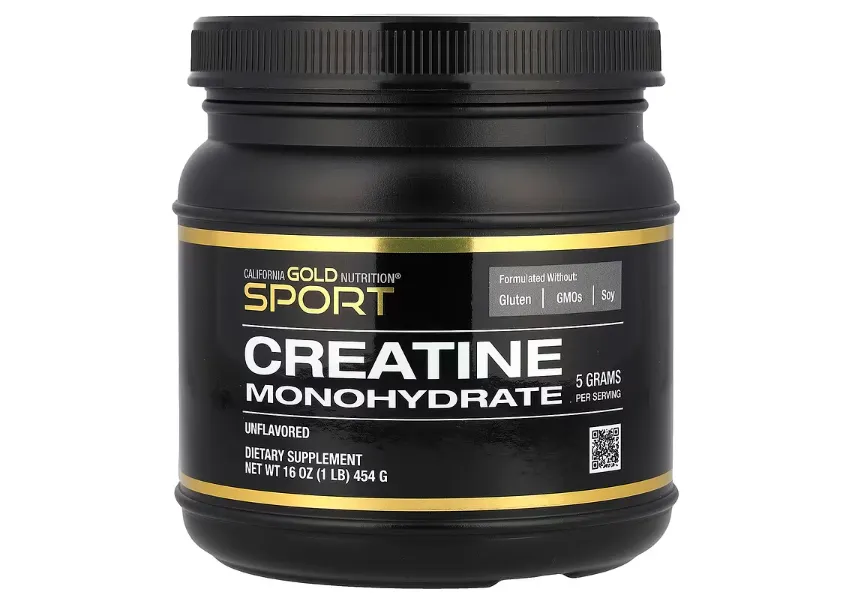
It has been slightly more than nine months since Walgreens Boots Alliance agreed to acquire Rite Aid in a $17.2 billion all-cash transaction. Since that time, speculation about whether the Walgreens-Rite Aid merger will pass muster with the Federal Trade Commission has become a staple of discussion for people involved in community pharmacy and the broader mass retailing sector.
A steady stream of often contradictory reports about how government regulators view the combination — which, depending on how many store divestitures the FTC might require in return for its approval, could result in a chain of more than 12,000 outlets across the United States — has swept the industry, sometimes affecting the companies’ stock prices.
The truth is that no one can be certain what the FTC will do. After a long period of quiescence, government antitrust regulators have become more assertive, scuttling high-profile mergers between Staples and Office Max, AT&T and T-Mobile, and Comcast and Time Warner Cable.

Perhaps more troubling for the big pharmacy operators, last month the Justice Department asked a federal court to block the pending combination of health insurers Aetna and Humana, and Anthem and Cigna.
On the plus side, the FTC recently cleared the way for the merger of Ahold and Delhaize. Like WBA, the new entity has global reach, with 6,500 stores in 11 countries on three continents. Its holdings in the U.S. include 2,079 supermarkets, 750 of which have pharmacies.
The only person with inside information about the pending acquisition of Rite Aid who has spoken publicly is the architect of the deal, Stefano Pessina. WBA’s vice chairman and chief executive officer says things are progressing as planned, and the transaction is expected to be finalized before the end of the year.
The confidence that he expresses is characteristic of Pessina, who during almost four decades of building what would become WBA has never had a deal overturned by regulators. Also typical is his insistence that the company never cease progressing.
Most organizations still involved in the creation and development of a new corporate culture and, at the same time, awaiting word from the FTC on another multibillion-dollar acquisition would be content to stand pat. Not Walgreens Boots Alliance.
The company in mid-July entered into a partnership with the Emart Company Ltd. division of the Shinsegae Group to establish a Boots branded franchised store network in South Korea. Under the agreement, retail outlets that feature an independent pharmacy, an assortment of Boots’ private label health and beauty aids, and leading Korean brands will open in a variety of settings, including Emart hypermarkets and Shinsegae department stores.
With the partnership, WBA establishes a presence in the world’s 11th-largest market, one where it has, as co-chief operating officer Ornella Barra points out, a particularly high likelihood of success because of the dominant position Emart already holds there. In addition, South Korea is one of the world’s most dynamic cosmetics and skin care markets, and the deal will give WBA a privileged vantage point from which to keep pace with developments there that are potentially applicable to its beauty care offerings in the U.S. and other parts of the world.
Enhancement of Walgreens’ beauty business, with the goal of putting it on par with Boots’ performance in that category, is a high priority for the company. The drug chain is currently in the process of elevating the beauty experience at 2,000 stores. Among the improvements are stepped-up training for beauty advisors; deployment of more technology, including tablets and color match devices; and the rollout of No7 and Soap & Glory, two WBA private label brands that are best-sellers in the United Kingdom.
All of the activity at the company — which in recent months has also involved a realignment of the top management team, work designed to bolster the overall customer experience and the decision to streamline e-commerce operations, as well as ongoing cost-cutting efforts — is consistent with Pessina’s approach to business. Even if the FTC were to stop the Rite Aid merger, it is clear that Walgreens Boots Alliance will find other avenues to keep moving forward.







